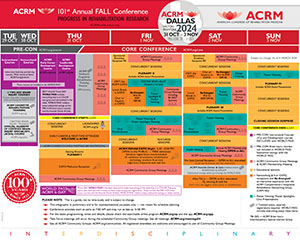
Julie M. Baker, PhD
Clinical Assistant Professor
D'Youville University
Dr. Julie Baker, M.A., Ph.D. is a Clinical Assistant Professor at D'Youville University in the Doctoral Program in Clinical Psychology (PysD) in Buffalo, NY. Dr. Baker teaches graduate (PsyD, M.A. Psychology) and undergraduate (Psychology, Neuroscience majors) courses in physiological psychology, neuropsychology, clinical psychopharmacology, psychometrics, health psychology, developmental psychology, cognitive and affective processes, psychopathology, counseling & psychotherapy, stress, trauma throughout the lifespan, personality and individual differences, research methods & design, and statistics. Dr. Baker is also a part-time instructor at Brock University in the Department of Psychology since 2010, is faculty of the Ontario Brain Injury Association (OBIA), and is an affiliate member of the Neuropsychology Cognitive Research Lab at Brock University.
Dr. Baker has held a variety of scholarships and research grants (e.g., SSHRC; Social Sciences and Humanities Research Council of Canada, OGS; Ontario Graduate Scholarship, and the APF; American Psychological Foundation) with her research focusing on neuroemotional and neurocognitive sequelae in persons with neurological compromise, particularly traumatic brain injury, including indices of atypical indices of sympathetic nervous system and/or neuroendocrine reactivity in response to stress; neurodevelopmental disorders (e.g., ADHD); and, the impact of stress and/or trauma on psychological functioning including trauma and stressor-related disorders (e.g., PTSD) across the lifespan and has presented at a variety of national and international conferences (e.g., International Brain Injury Association; American Congress of Rehabilitation Medicine; North American Brain Injury Society; Canadian Psychological Association). Her expertise in the neurobiological, affective and cognitive underpinnings of behaviour across the lifespan (paediatric to geriatric) is emphasized in her teaching, research, and experiences in neuropsychology. She explores the neurobiological, affective and cognitive underpinnings of behavior with attention to diversity considerations (e.g., underresearched populations, historically marginalized and/or minority persons).
Poster(s):
-
Sunday, November 3, 20249:30 AM - 10:30 AM

.jpg)
.jpg)
.jpg)
